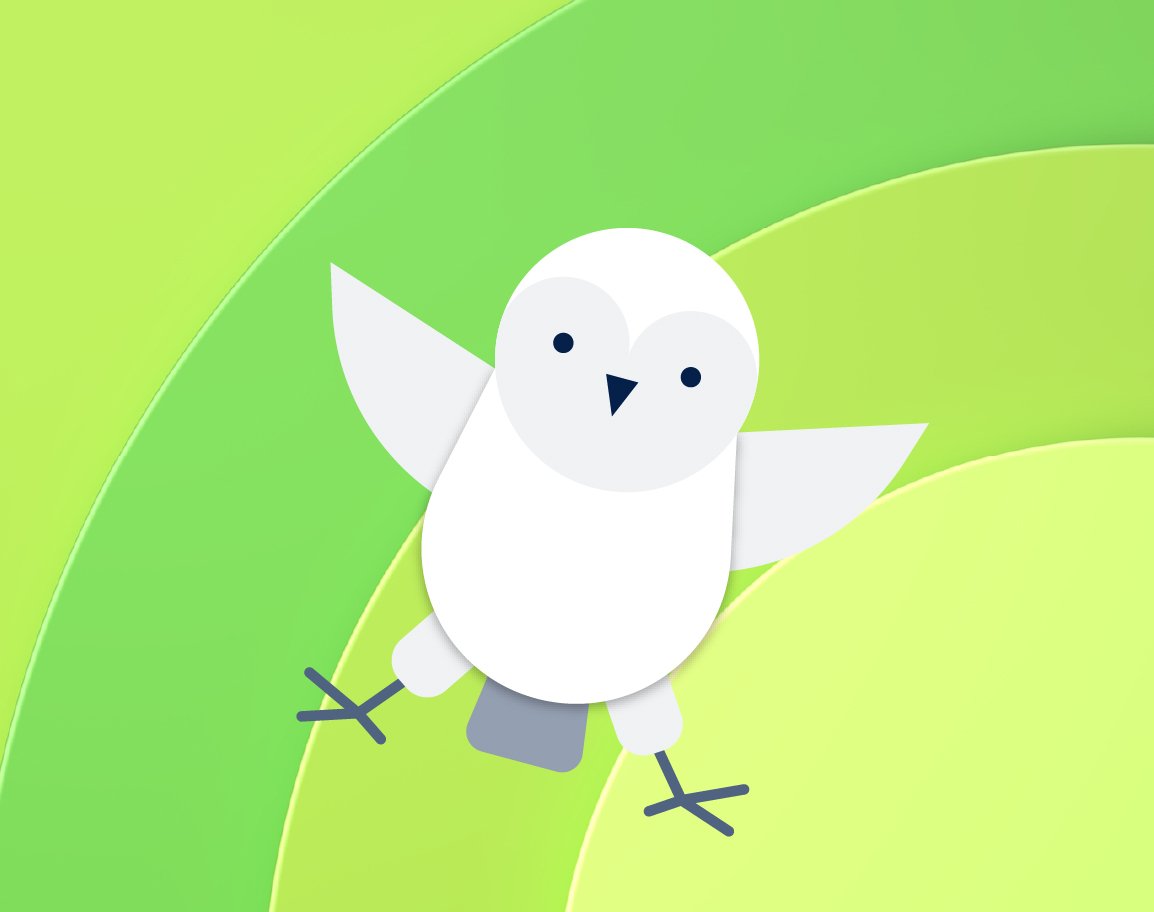Talking about cancer with kids of different ages
When talking to kids about cancer, the goal is to provide clear information in words they can understand. The right level of detail to share and the right words to use depend on their age and development.
Because kids pick up on emotions, it's best to have the conversation when you feel as calm and steady as possible. And don't worry if your child doesn't want to discuss the news at first – having several shorter conversations may work better for them. Regardless of how old your child is, let them know that they can always come to you anytime they want to talk or have questions.
Explaining cancer to preschoolers
With preschool-age kids, you can give basic information about their cancer in simple words. For example: an "owie," "a lump that makes you feel sick" or "something in your blood that isn't working like it should." You can explain that doctors will give them treatments to help them get better.
Keep it simple: Kids this young aren't able to process lots of details or information that's given too far in advance.
Explaining cancer to older children
Elementary school-age kids can process more in-depth information about the type of cancer they have, the symptoms it may cause and their treatment plan. They may have heard of cancer, so consider asking what they know about it – you may be able to clear up any misunderstandings that could add to their anxiety.
Children of this age often have questions about how cancer and treatment side effects will impact their lives, including whether they'll experience changes to their appearance (such as hair loss) and whether they can go to school and participate in their regular activities. If you don't have answers, suggest that you raise these questions together at an upcoming medical visit. Assure your child that you will all be working to help them feel as well as possible during treatment.
Explaining cancer to teenagers
Teens can grasp more complex and detailed information about their cancer type and treatment plan, including the risks and benefits of different treatment options. They can play an active role in discussions with their medical team.
Teens may search for information about their cancer online, but some online sources are unreliable. Ask what they've read or heard about their cancer so you can make sure it's accurate.
Addressing common fears
Many kids – especially younger children – have unfounded fears about cancer. Children don't always talk about those fears, so it's a good idea to bring them up yourself. The most common mistaken beliefs are:
- Cancer is a punishment. Some children think they got cancer because they did something bad. They need reassurance that nothing they did, said or thought gave them cancer. You might say something like, "Doctors don't know exactly why some kids get cancer and others don't. We do know that nothing you did caused it."
- Cancer is contagious. Kids may think that cancer can spread the way colds and flu do. Let them know they can't catch cancer from anyone, and no one can catch it from them.
- Cancer is always fatal. Kids may assume that everyone with cancer dies from it, especially if they know of someone who did. It can be helpful to say something like, "There are many kinds of cancer, and even two kids with the same kind can have different experiences. The doctors and nurses are going to do everything they can to help you get better. They're going to give you treatments that have helped other kids."
Explaining cancer to siblings
Cancer affects the family as well as the patient. Using the same age-tailored approach, tell any siblings about the diagnosis and how their day-to-day life may change for a while. As much as possible, siblings should continue with their usual activities – your friends and family members may be able to help with that.
Also, try to take time daily, even if it's just a few minutes, to check in with your other children and ask how they're doing. Even if you don't have solutions for their frustrations and feelings, it gives them a chance to connect with you.
Getting help from a child life specialist
Your family may wish to meet with a child life specialist, who will use age-appropriate support, play and education to help your child understand what to expect from tests and treatments. Child life specialists can also help explain medical information to your child's siblings.
At UCSF Benioff Children's Hospitals, we offer this and many other services to support patients and families (including siblings) throughout treatment. Let your child's medical care team know if you're interested in the Child Life Program or any of our other services.
































